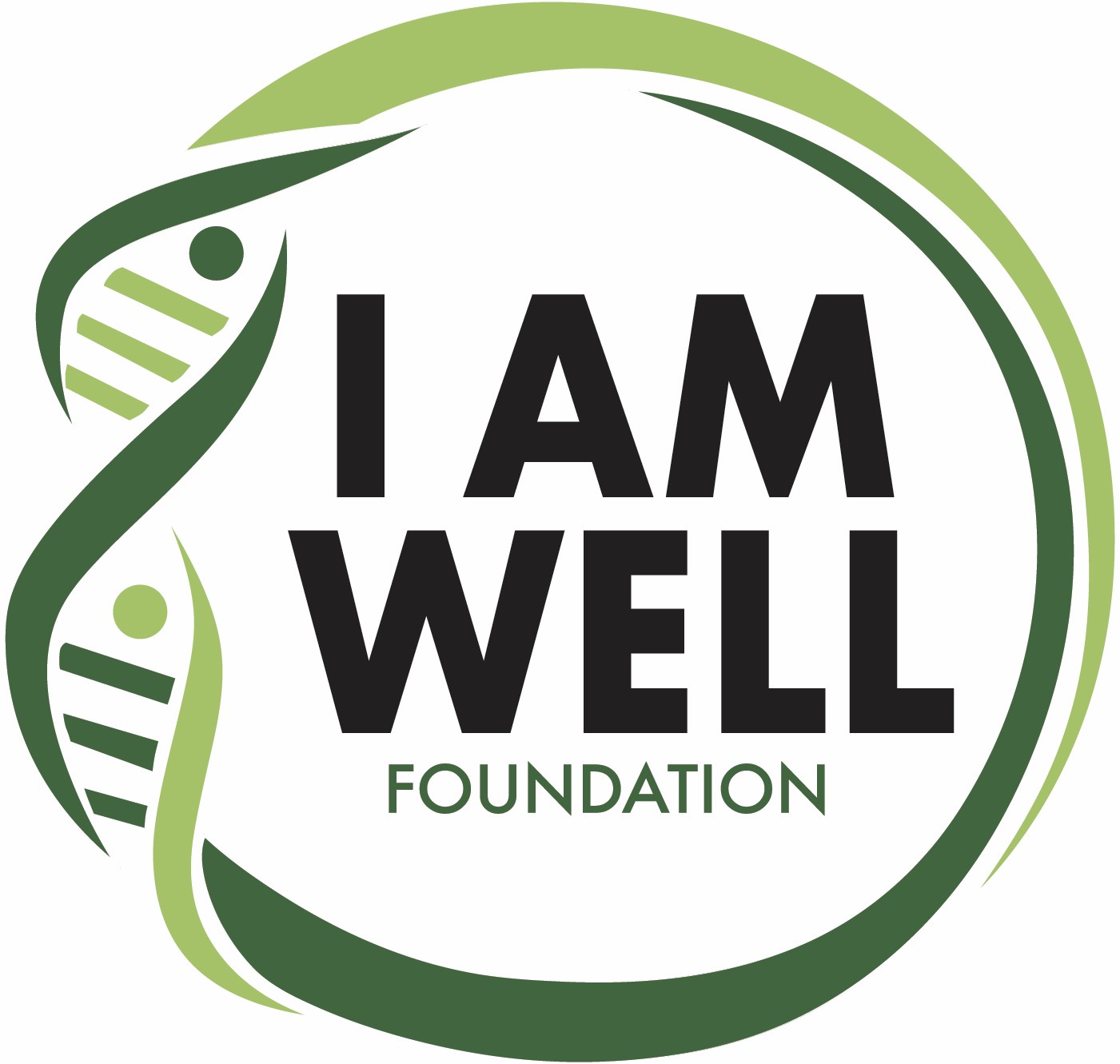RESPIRATORY
The respiratory system is primarily comprised of the nose, mouth, trachea, lungs and airways in the body. It is responsible for allowing human beings to breathe in oxygen and to breathe out carbon dioxide. Oxygen helps the body utilize energy, and carbon dioxide is the waste, or left over materials from the body’s respiratory processes. The body needs a continuous supply of oxygen and has a continuous need to expel the waste. Breathing is normally an uninterrupted activity and is necessary for the body to be alive.
Signs of Optimal Health & Wellness
Like with air in general , indicators of thriving include:
- Vibrancy and high energy
- Continuous blossoming and growth
- Clarity of mind and ease of respiration
- Deep breathing from the diaphragm
- Ability to laugh and change activity with ease and no impediments
- Ability to exercise and utilize the body’s full mobility capacity
Warning Signs
Warning signs include:
- Difficulty breathing
- Shortness of breath
- Pain the chest, lungs or airways
- Persistent cough or wheezing
- Consistent fluid buildup or bloating
- Decrease in energy, constant fatigue
- Decrease in activity leading to overall unhealthy habits and poor overall health
- Pain and/or dizziness when changing activities
- Persistent allergies
- COPD
- Sleep apnea
- Asthma
- High levels of anxiety
- Fear of death
- Pale or bluish lips and nail beds
SELF EVALUATION
Breathing is something that can be easily monitored at anytime. Ask yourself: Am I breathing freely with ease? Do I have any chest pain or tightness? Am I coughing or wheezing? How is my energy overall? These questions can help you determine if you need to change your activities or seek help.
SELF-CARE
- Stay hydrated
- Eat healthy
- Exercise
- Utilize deep breathing exercises
- Address allergies
- Stop smoking
GET SUPPORT
If warning signs are present, it’s also likely time to seek support to prevent any further dangers.
- Respiratory
- Hydration
- Nutrition
- Sleep
- Spiritual
EMERGENCY
If you or someone you know has trouble breathing or has stopped breathing:
- Dial 911; or
- Go the nearest hospital emergency room
